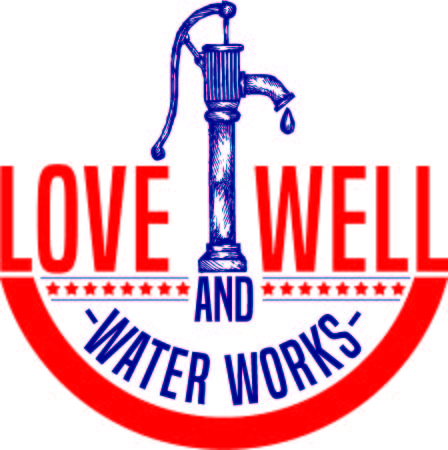Water Pollution
When dangerous chemicals or microbes infiltrate streams, lakes, rivers, and other water bodies, this is known as water pollution. These pollutants and chemicals deteriorate the water’s quality and make it harmful to humans and the environment.
In addition, water pollution can involve the discharge of energy in the form of heat or radioactive chemicals into bodies of water. The majority of the world’s wastewater is mostly returned to the environment. This causes the contamination of lakes, rivers, and seas. In 2017, toxic waterways killed around 1.2 million individuals, according to studies.
Due to the gravity of this issue, we are giving vital information on water pollution, including its causes and how to adopt current procedures such as water testing, filtration, and wastewater treatment.
Understanding Water Pollution
Because water is the most powerful solvent on Earth, it is so easily contaminated. When toxic chemicals (such as fertilizers, sewage, and manufacturing waste) come into contact with water, water pollution results.
Water contamination falls into the following categories:
Surface liquid
Surface water can be found in oceans, rivers, lakes, and other bodies of water. A huge pool of this water, however, poses a danger.
Over a third of lakes and nearly half of rivers and streams are filthy and unsafe for swimming, fishing, and drinking. These freshwater sources are contaminated with phosphates and nitrates, among other nutrient pollutants.
Industrial and municipal trash can contribute to the contamination of water supplies. When individual home contributions are added, a pollution situation is created that requires response.
Direct Source
Pollution from a single source is referred to as point source pollution. Point source pollution includes leaky septic systems, oil spills, and illegal dumping. While this type of pollution originates from a specific location, it may contaminate vast stretches of streams and seas.
Dispersed Origin (Nonpoint)
Nonpoint sources include rainwater runoff, agricultural waste, and trash blown into water bodies from land. This is the primary source of water contamination in the United States. However, it is difficult to manage because the culprit cannot be identified.
Groundwater Contamination
Groundwater may have a crystal-clear appearance due to the natural filtering that happens as the water percolates through the soil layers. However, it is still susceptible to contamination by dissolved chemicals such as glyphosate, bacteria, parasites, and viruses.
Poorly constructed or maintained subsurface disposal systems, such as septic tanks, leaking underground oil storage tanks, or badly lined industrial waste disposal, may generate contaminants.
Common Water Pollution Causes
The most prevalent water contaminants include:
Domestic Sewage: The primary source of pathogens is domestic sewage. Microorganisms that cause disease are expelled in feces. Therefore, all sewage is likely to include bacteria, posing a public health risk.
Agricultural Waste: Pesticides and chemicals are used by farmers. Rain combines these contaminants with otherwise clean water, resulting in an overabundance of water pollution.
Oil Pollution: Oil spills and leaks are a major source of water pollution, and they are frequently the result of drilling mishaps in the ocean or oil tankers.
Repercussions of Water Pollution
Water contamination is fatal. Pathogens (bacteria and viruses that cause disease) and viruses from human waste are the major sources of illness due to contaminated drinking water.
Water pollution can result in an algal bloom that lowers the quantity of oxygen in the water, posing a hazard to aquatic life.
Frequently, industrial and municipal wastewater contains hazardous compounds and heavy metals that are detrimental to aquatic life. They diminish their reproductive capacity and longevity.
Controlling Water Pollution
Now that you are aware of the dangers of water pollution, it is imperative that you safeguard your household and any nearby water sources from contamination. Ensure that your water is adequately filtered and treated before use and that your wastewater is appropriately managed as a step toward achieving these goals. We are professionals in water testing, filtration, wastewater treatment, pH regulating, pH balancing, and more at Love Well & Water Works LLC. Contact us to get a free quote on water filtration methods!
